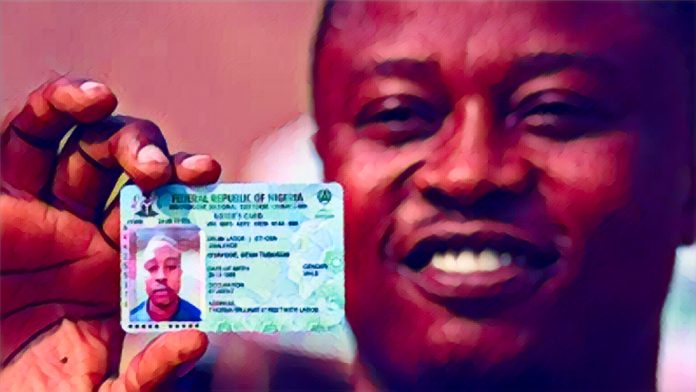Key Points
-
Voter apathy in South-East and South-South trails registration figures.
-
Citizens blame mistrust in INEC, poor awareness, and high costs.
-
Civil society calls for reforms to rebuild confidence in elections.
Five weeks into the Independent National Electoral Commission’s (INEC) Continuous Voter Registration, turnout in the South-East and South-South has remained worryingly low.
Despite the importance of the exercise, figures from INEC show that both zones recorded fewer than 360,000 online pre-registrations combined.
Physical registration was also low, with fewer than 51,000 people signing up.
The numbers are far below those in Osun State, which alone recorded more than 578,000 online pre-registrations and 83,000 physical registrations.
Observers say the South-East and South-South, despite their population size and political significance, appear to be lagging behind other regions.
Many residents blame mistrust in the electoral system, poor awareness campaigns, the stress of the registration process, and financial hardship.
Mistrust in INEC drives voter apathy
In Enugu State, community leader and former administrator Chief Charles Okwor said residents no longer believe their votes will count.
“People are disenchanted,” he said. “When elections do not reflect the will of the people, it is difficult to convince them to keep registering.”
Similar frustration was reported across the South-East. In Imo State, 19-year-old school leaver Ifeanyi Onyewuenyi said he would not bother to register.
According to him, election results in Nigeria are often predetermined.
“I don’t want to waste my time to vote when the outcome is already known,” he said.
In Ebonyi, residents voiced similar doubts. Some argued that bad governance and unfulfilled promises by politicians make voter registration meaningless.
“Those we didn’t vote for in the last election were announced winners. Why should we register again?” asked one resident.
Civil society groups say such mistrust is the biggest factor behind voter apathy in South-East and South-South.
They argue that rebuilding confidence in INEC is key to reversing the trend.
Calls for reform and better access to registration
Despite the concerns, several regional and national groups have called on eligible Nigerians to take the exercise seriously.
The Arewa Consultative Forum (ACF) urged citizens not to be complacent, saying registration is a key part of democracy.
Pan-Yoruba group Afenifere added that Nigerians have a habit of waiting until the last minute before rushing to register.
But others say the registration process itself is part of the problem. The Pan Niger Delta Forum (PANDEF) said residents in the South-South are eager to register but are discouraged by the cost of traveling long distances to INEC offices.
The group called on INEC to set up registration centers closer to communities.
In Abia State, residents of Obingwa council area made the same demand, arguing that spending up to N5,000 on transport for registration is unrealistic in the current economy.
Yiaga Africa, a civic group, pointed to poor voter education and limited publicity as reasons for the poor turnout.
Cynthia Mbamalu, the group’s Director of Programmes, said many young Nigerians who turned 18 after the 2023 general election are unaware of the process or see no reason to register.
She urged INEC to improve its outreach, especially on social media, where young people spend most of their time.
Restoring trust in elections is key
Analysts say voter apathy in South-East and South-South is a reflection of a broader loss of faith in Nigeria’s electoral system.
The International Press Centre and the Middle Belt Forum both stressed that reforms are needed to rebuild confidence.
They pointed to electronic transmission of results as one reform that could restore trust, especially among young voters.
Political scientist Prof. Okey Oji of Enugu State University of Science and Technology argued that if the South-East hopes to produce a Nigerian president of Igbo extraction, its residents must overcome apathy and register in large numbers.
“Democracy works on numbers. Without voting power, the dream will remain out of reach,” he said.
While INEC insists it is committed to credible elections, critics say the commission must do more to prove to Nigerians that their votes matter.
Until then, apathy in voter registration is likely to remain a challenge.



